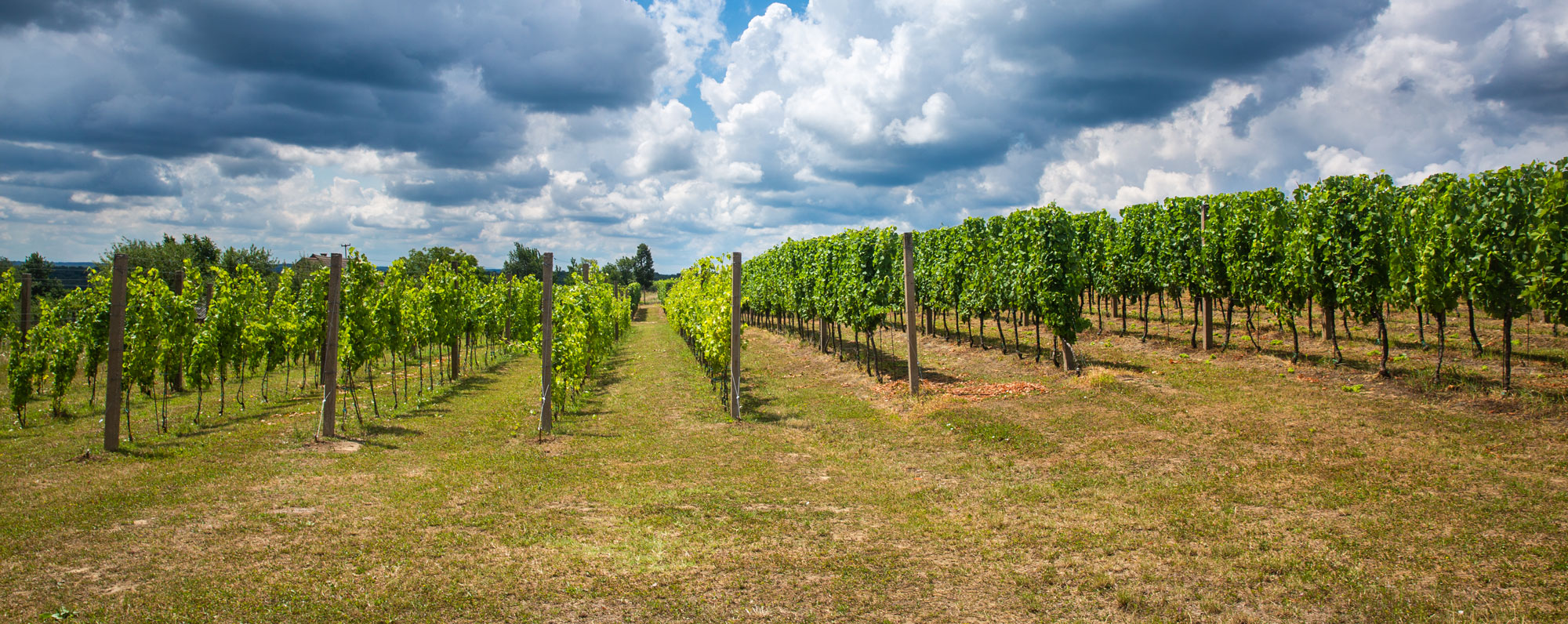The ADAPTVitis project aims to address the pressing challenge of climate change adaptation in the viticulture sector within the cross-border region of Croatia and Serbia. Spearheaded by the Josip Juraj Strossmayer University of Osijek Faculty of Agrobiotechnical Sciences Osijek, Croatia (Lead Partner), and the University of Novi Sad Faculty of Agriculture, Serbia (Partner 2), this project addresses the pressing challenges posed by drought stress and climate variability in the cross-border region. This region has witnessed the detrimental impacts of climate change, particularly in the form of prolonged drought periods and extreme weather events, which have posed significant threats to the sustainability and productivity of the viticulture industry.
The overall objective of the project is to enhance the adaptation of viticulture to climate change through the valorization and implementation of adaptable genotypes of grapevines. By leveraging scientific research, innovative practices, and cross-border collaboration, the project seeks to foster resilience in the viticulture sector and mitigate the adverse effects of climate change, ultimately safeguarding the long-term viability and prosperity of this vital industry.
The primary beneficiaries of these outputs will be the stakeholders within the viticulture sector, including grape growers, winemakers, researchers and students, as well as policymakers and local, regional and national authorities responsible for the development and implementation of climate change adaptation strategies and policies.
The project will adopt a cross-border approach, recognizing that climate change is a global phenomenon transcending geographical boundaries. By fostering collaboration between Croatia and Serbia, the project will leverage the collective expertise, resources, and experiences of both countries, enabling a comprehensive and coordinated response to the challenges faced by the viticulture sector. This cross-border cooperation will facilitate the exchange of knowledge, best practices, and innovative solutions, ultimately strengthening the resilience of the entire region’s viticulture industry. Furthermore, the project’s emphasis on nature-based solutions, such as the implementation of adaptable grapevine genotypes and sustainable soil management practices, sets it apart by promoting environmentally sustainable and resilient approaches to viticulture. By fostering a harmonious coexistence between agricultural practices and the natural environment, the project aims to create a paradigm shift towards a more sustainable and climate-resilient future for the viticulture industry.
Through its multidisciplinary approach, the ADAPTVitis project exemplifies the power of collaboration and the potential for nature-based solutions to address pressing environmental challenges. By fostering resilience in the viticulture sector, the project not only safeguards an important economic activity but also contributes to the preservation of cultural heritage, traditions, and environmental sustainability in the cross-border region

